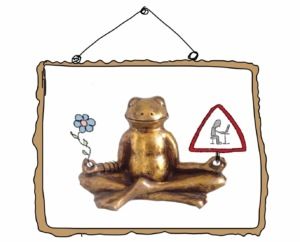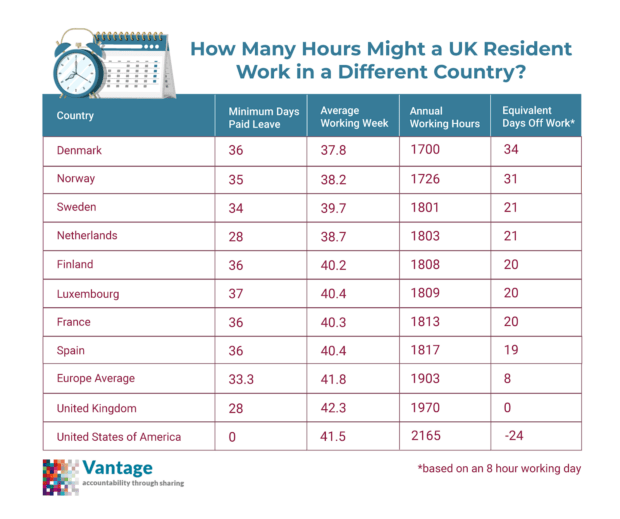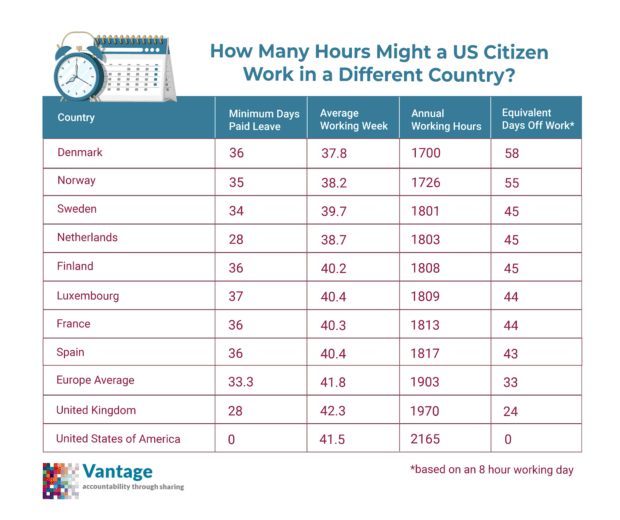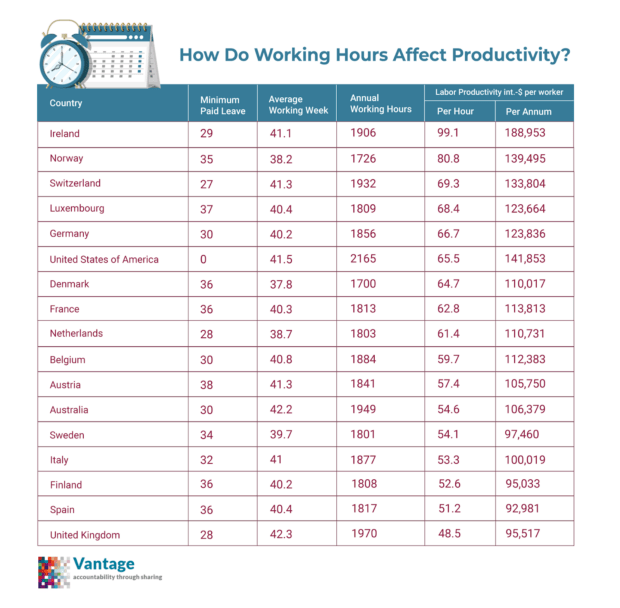News
Domestic bliss in Denmark thanks to OECD’s shortest working week and fifth largest holiday allocation
This article is more than 4 years old.
Compared to the US and the UK, most European countries are laughing when it comes to vacations and clocking off times

Finding the right balance (photo: Tanja Föhr/Flickr)
Denmark has the shortest working week among the OECD countries, according to an analysis carried out by Vantage Technologies, a UK healthcare software provider.
At 37.8 hours long, it is 24 minutes shorter than Norway (38.2), with the Netherlands (38.7) and Sweden (39.7) completing the top four.
The next six were all squeezed between 40:1 and 40:4 hours: Lithuania, Finland, Germany, Latvia, France and Estonia.
The Nordic countries accordingly filled four of the top six spots. The European average is 41.8 hours (down from 43.3 in 2000), which is longer than the US (41.5) but shorter than the UK (42.3).

Over seven weeks of holiday
The same study also compiled the number of paid holidays, for which Denmark ranked fifth equal with 36 days: 25 are derived from annual leave and 11 are bank holidays (the number can fluctuate depending on how many holidays fall on the weekend).
Malta topped the list with 40, followed by Austria, Iceland and Luxembourg (which can have as many as 43).
Completing the top ten were Finland, France, Spain, Norway and Portugal. The European average is 33.3.
In the US, paid leave is rare, so according to Vantage’s data, they get zero days. In UK, workers get 28 days.

Shorter weeks make sense
Vantage Technologies’ study was principally focused on the work-life balance, which has undergone quite a transformation in many countries thanks to corona eliminating a fair proportion of the time spent on commuting as more people work at home.
Among its main findings is the realisation that shorter working hours do not necessarily result in a fall in productivity. Some 16 of the countries with a shorter week than the UK, for example, had a higher per hour productivity.
And most peculiarly, perhaps, it deduced that an American based in Europe would, on average, work 33 fewer days a year and receive over six weeks of paid holiday.











































